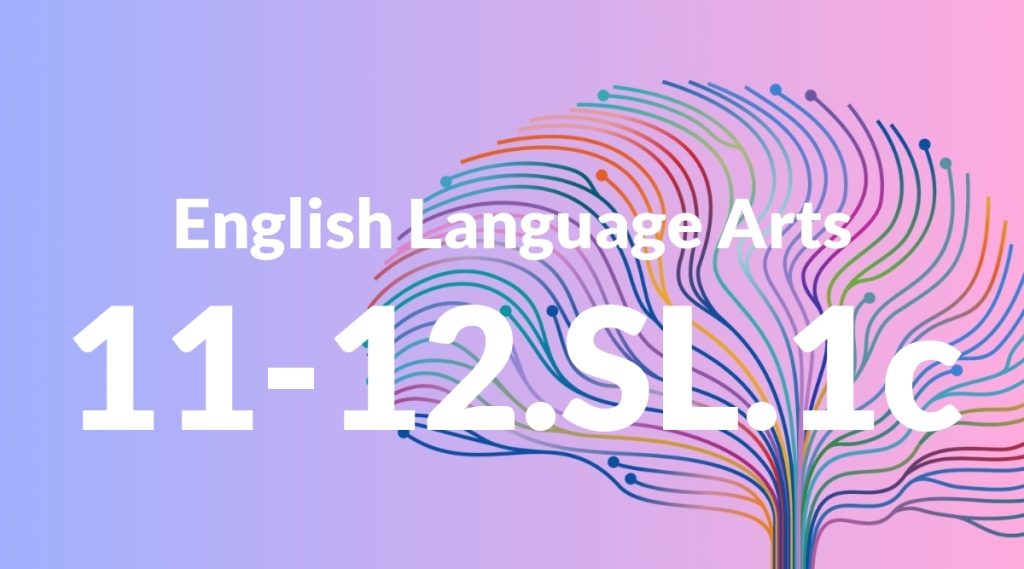Standard: 2.SL.1 – Participate in collaborative conversations with diverse partners about grade 2 topics and texts with peers and adults in small and larger groups.
Grade level: Grade 2
Subject: English Language Arts
Domain: Speaking & Listening
Teacher Overview
This standard emphasizes the importance of students engaging in meaningful conversations with their peers and adults. It helps develop essential communication skills that are crucial for academic success and social interactions. Before tackling this standard, students should be comfortable with basic conversation rules and expressing their thoughts clearly in smaller settings.
After mastering this standard, students will be able to engage in more complex discussions, build on others’ ideas, and provide constructive feedback.
Common Misconception 1
A common misconception is that students should only speak when directly asked a question. This is incorrect because active participation and initiating dialogue are key components of collaborative conversations.
Intervention 1
To address this misconception, create structured opportunities for students to share their thoughts and encourage them to ask questions during discussions.
Common Misconception 2
Another misconception is that differing opinions are less valuable. This is incorrect because diverse perspectives enrich discussions and enhance learning.
Intervention 2
To remediate this, establish a classroom culture that values diversity of thought and teach students how to respectfully express and consider different viewpoints.
Prerequisite Knowledge
Students should be able to listen attentively, follow basic conversation rules, and express their thoughts and ideas clearly in one-on-one and small group settings.
Subsequent Knowledge
Students will develop advanced discussion skills, including the ability to build on others’ ideas, ask clarifying questions, and provide constructive feedback.
Instructional Activities
- Role-playing different conversation scenarios
- Group discussions on a shared text
- Peer feedback sessions
- Classroom debates on simple topics
- Interactive read-aloud sessions with group discussions




